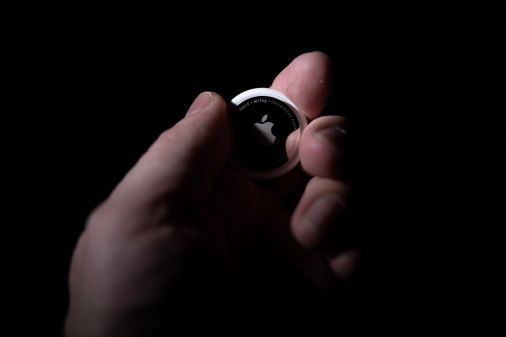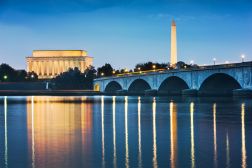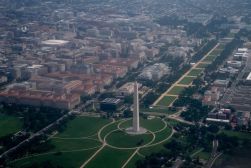Washington D.C. police to test body cameras

Washington, D.C., is set to begin a pilot program next month that will put cameras on police officers in a trend that is getting more attention lately in the wake of the Michael Brown shooting in Ferguson, Missouri, last month.
Starting on the first of the month, the city’s police department will for six months deploy five camera models from three different vendors for police officers in the district’s seven police districts and two special operations divisions.
“We are looking at the best practices for implementing these devices,” said D.C. Chief of Police Cathy Lanier. “We are in an age where this type of technology is becoming more common, and we want to capitalize on that. The presence of cameras will benefit the community and MPD members by improving police services, increasing accountability and enhancing public safety.”
Each of the 165 officers volunteering for the pilot will be assigned each of the five camera models and provide written feedback after each experience. Cameras will also be deployed to the department’s Tactical Village, where members will have an opportunity to use the cameras while participating in practical, scenario-based training.
Washington, D.C., has budgeted $1 million to purchase the cameras and the related infrastructure and is currently finalizing the city’s department for the program.
“Our Metropolitan Police Department has been a leader in using technology to aid policing and public safety, and I want to commend Chief Lanier and the department for implementing this program, which has been in the works for more a year,” Mayor Vincent Gray said in a statement. “Especially since the unfortunate incidents in Ferguson, Mo., have brought the issue of body cameras to national attention, I’m proud that MPD will continue to show leadership in this area.”
Police Chief Cathy Lanier outlines new MPD body camera program as officers display various camera models. pic.twitter.com/MD7AXBeFvN
— Vincent C. Gray (@mayorvincegray) September 24, 2014
Shortly after Brown’s shooting in Ferguson, a petition was created on “We the People,” the White House’s official petition website, calling for police officers around the country to wear cameras while on duty to avoid improper behavior, both from officers and those in the community.
The petition quickly reached the necessary number of signatures required and got a response from Roy L. Austin, Jr, the deputy assistant to the president for the Office of Urban Affairs, Justice and Opportunity in the Domestic Policy Council.
In his response, Austin said the Obama administration supports law enforcement personnel wearing body cameras while on duty.
There’s understandably been much discussion about whether law enforcement officers across the country should use body cameras. In fact, for years, this Administration has advanced the use of cameras, both body-worn and vehicular, and recognized the numerous benefits to making cameras available to law enforcement officers. We support the use of cameras and video technology by law enforcement officers, and the Department of Justice continues to research best practices for implementation.
In the meantime, cities and counties in some areas are taking it upon themselves to bring the cameras into their departments. The argument is that with actions being filmed, officers and citizens are less likely to become involved in situations, like in Ferguson, where Brown was shot and killed by a police officer following a robbery that some believe could have been avoided.
Civil liberty activists, however, have concerns that the cameras could infringe on the privacy rights on citizens and have called for strict rules and regulations of what can be filmed and in what scenarios the cameras would be used.
For its part, the Washington, D.C., government has talked with a number of different groups regarding the cameras as it enters this pilot program. The list includes the Office of Police Complaints, the U.S. Attorney’s Office, Office of the Attorney General, the Fraternal Order of Police – Labor Committee, the Police Executive Research Forum, the Major City Chiefs of Police Association, the International Association of Chiefs of Police and law-enforcement agencies across the country that have already deployed body cameras.
Another area to consider with the cameras is on the IT side of the house. With officers captures endless hours of video that must be stored digitally, that causes a need for municipalities to be able to store the data or work with a provider that can store it while keeping in line with citizen privacy along with following court procedures.





